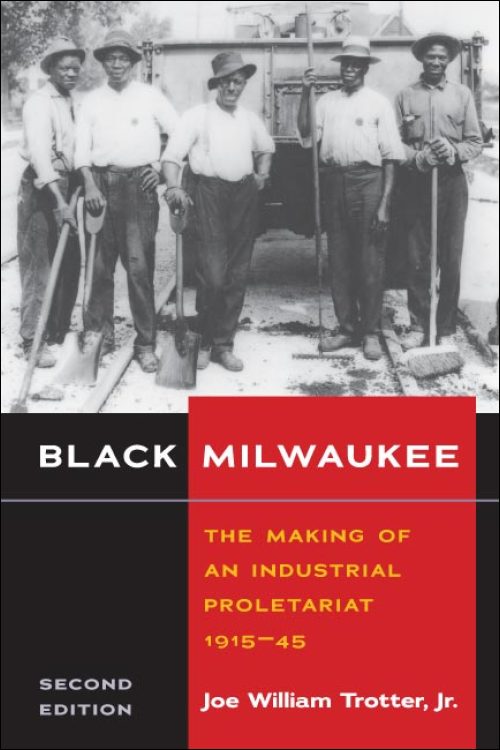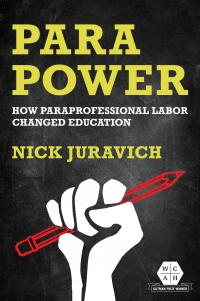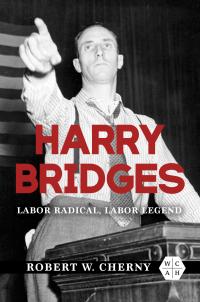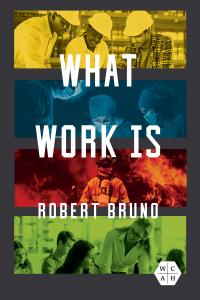
Black Milwaukee
About the Book
Praise for the first edition:“Trotter has written a valuable, provocative book that opens new areas for certain--and heated--debate.”--Journal of American Ethnic HistoryOther historians have tended to treat black urban life mainly in relation to the ghetto experience, but in Black Milwaukee, Joe William Trotter Jr. offers a new perspective that complements yet also goes well beyond that approach. The blacks in Black Milwaukee were not only ghetto dwellers; they were also industrial workers. The process by which they achieved this status is the subject of Trotter’s groundbreaking study.
This second edition features a new preface and acknowledgments, an essay on African American urban history since 1985, a prologue on the antebellum and Civil War rootsof Milwaukee’s black community, and an epilogue on the post-World War II years and the impact of deindustrialization, all by the author. Brief essays by four of Trotter’s colleagues--William P. Jones, Earl Lewis, Alison Isenberg, and Kimberly L. Phillips--assess the impact of the original Black Milwaukee on the study of African American urban history over the past twenty years.
About the Author
Joe William Trotter Jr. is Mellon Professor of History and director of the Center for African American Urban Studies and Economy (CAUSE) at Carnegie Mellon University. He is also past president of the Labor and Working Class History Association and the author of Coal, Class, and Color: Blacks in Southern West Virginia, 1915-32.Reviews
"Trotter has written a valuable, provocative book that opens new areas for certain--and heated--debate."--Arnold R. Hirsch, Journal of American Ethnic History"Trotter blazed new ground, courageously argued his thesis despite the skeptical eyes of non-Marxists, seamlessly connected local, urban, black, and labor history, and skillfully recounted the ways that black Milwaukeeans forged their own lives. . . . The second edition is well worth reading."--H-Urban
"Thanks to its original methodology, outstanding research and meticulous attention to detail Black Milwaukee has become a seminal work in labour history."--Left History
“This highly readable book is a classic, and rightly so, in the interconnected areas of labor, black, and urban history.”--Labor Studies Journal





